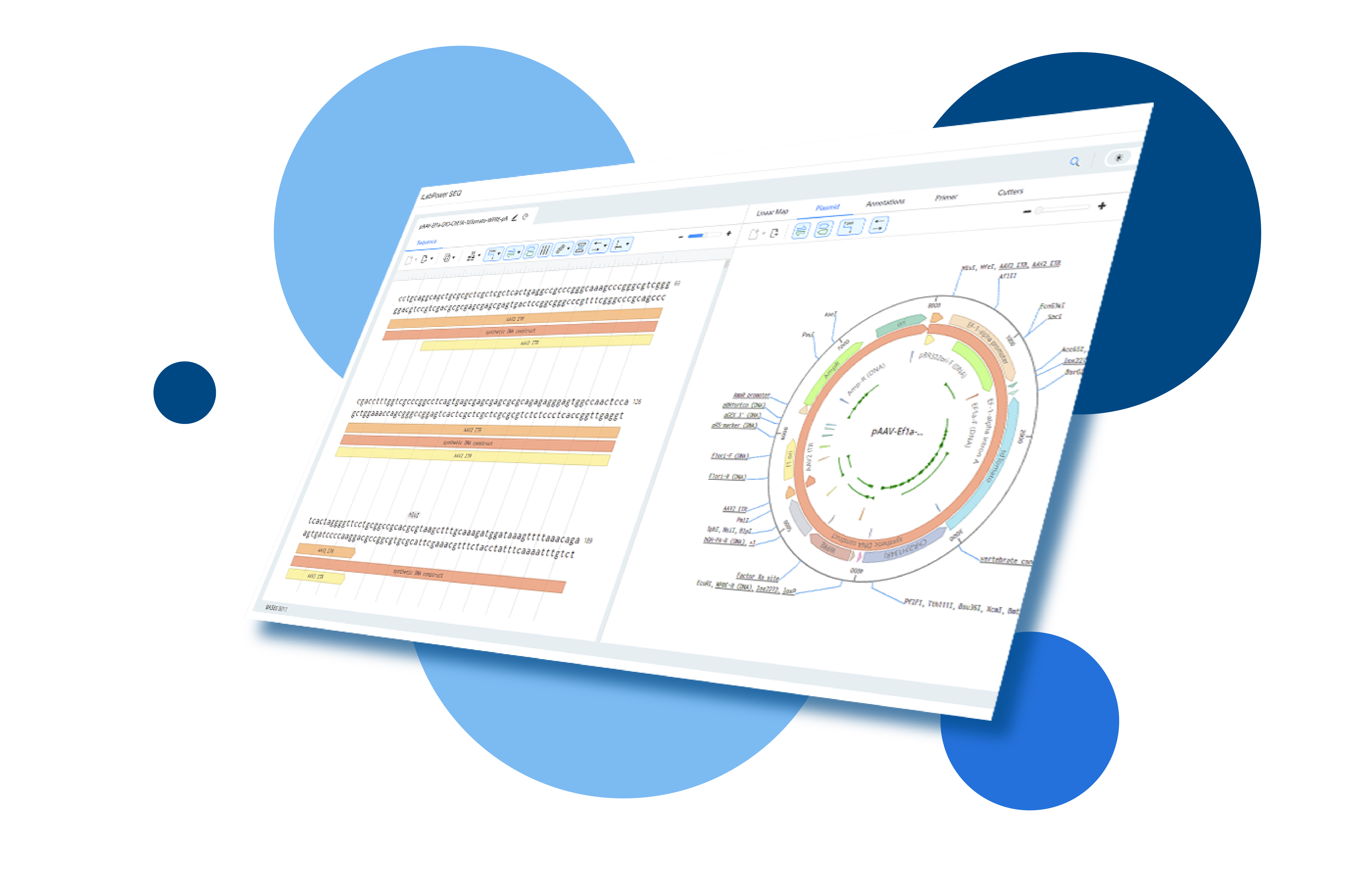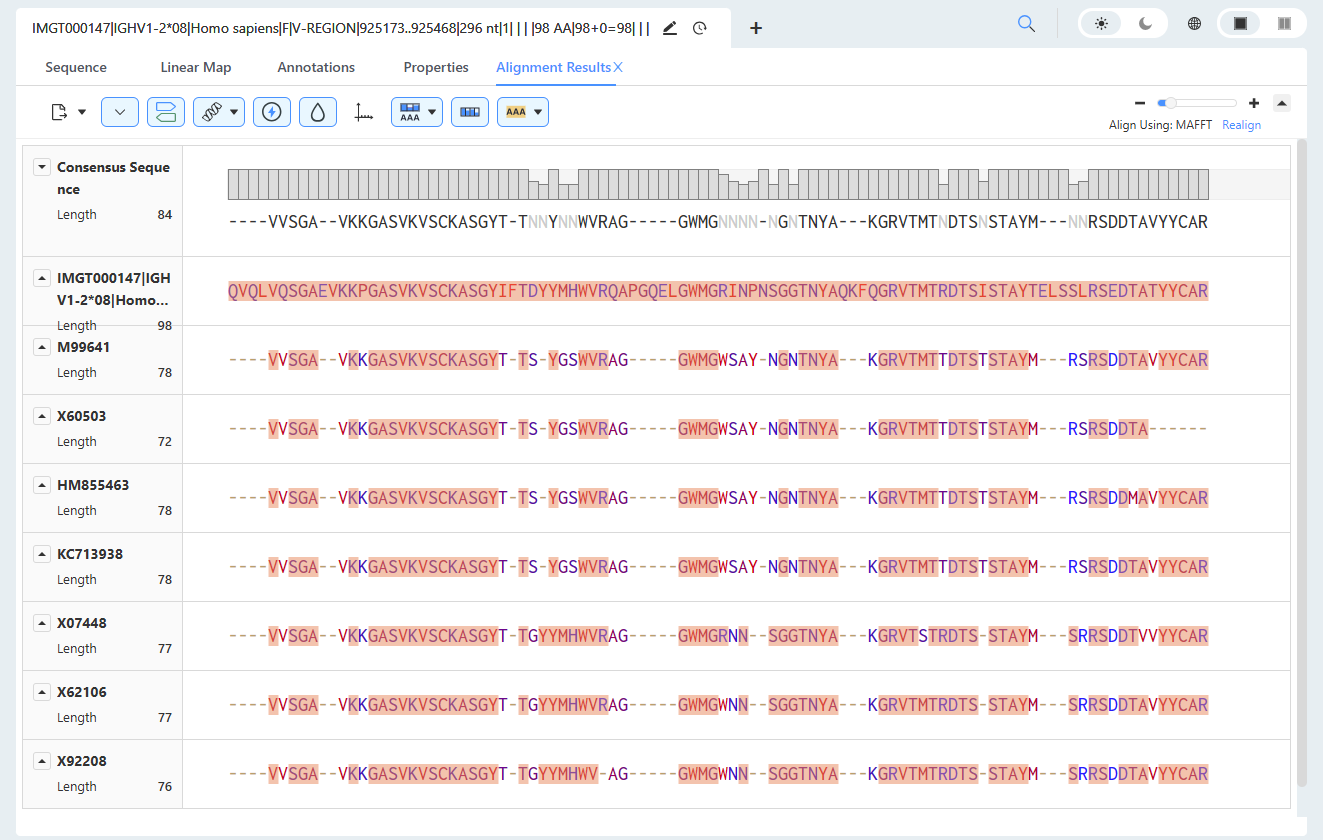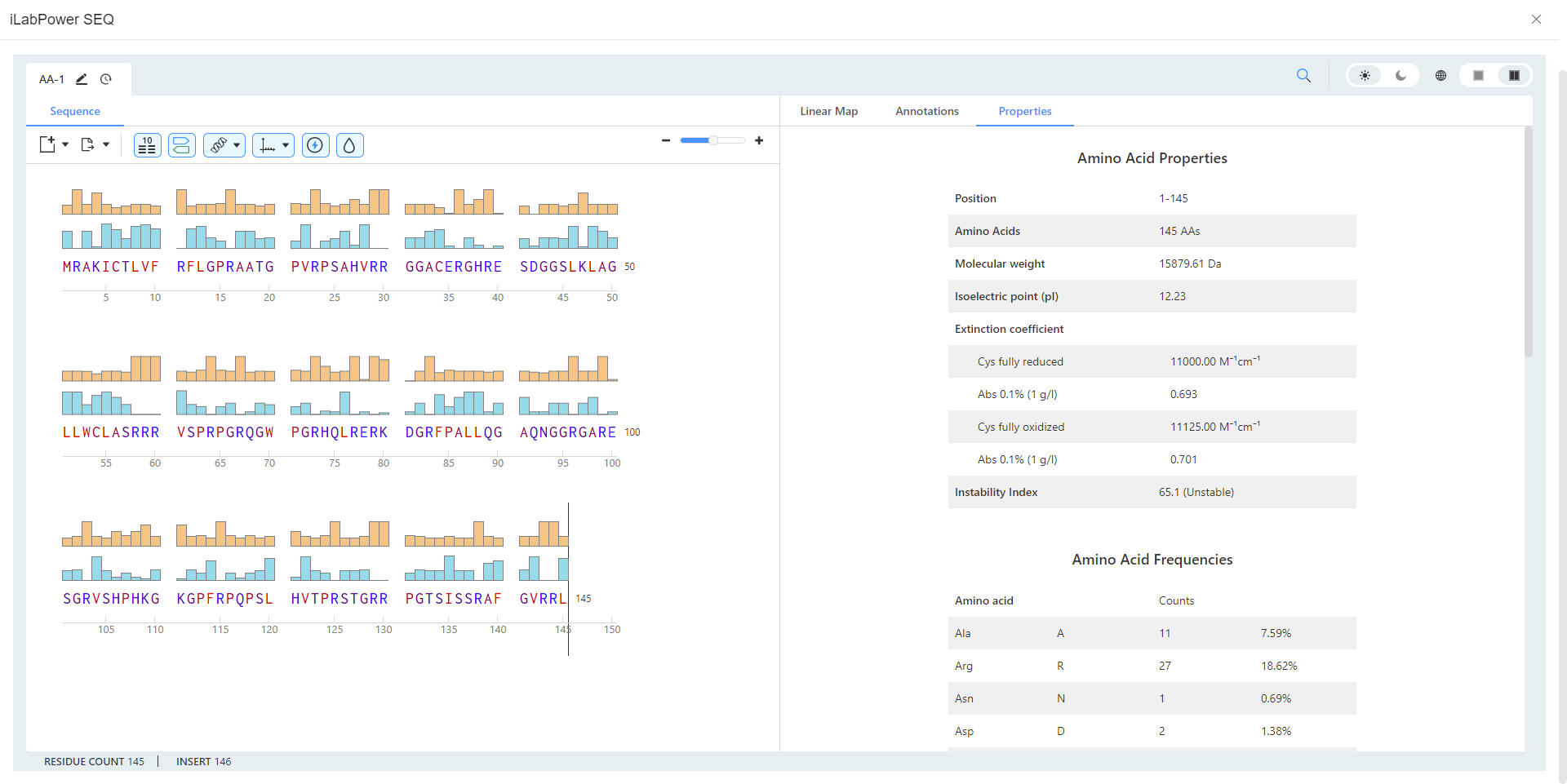
Did you know that the global biotechnology market is projected to reach a staggering $727.1 billion by 2025? Among the many innovations driving this growth, biological sequence editors are emerging as game-changers, particularly in their transportation attributes.
Understanding Biological Sequence Editors and Their Transport Features
Biological sequence editors, such as CRISPR-Cas9 and other genome-editing technologies, have revolutionized how we manipulate genetic material. One of their standout features is their ability to be transported efficiently within various environments—be it laboratories or field applications. These tools not only enhance precision in gene editing but also show promise in alternative fuels and energy sources by enabling bioengineering processes that optimize fuel production from renewable resources.
Diving Deeper into Antibody Registration Systems and Alternative Fuels
The antibody Registration system plays a crucial role when discussing biological sequence editors’ impact on alternative fuels. This system ensures that engineered organisms used for biofuel production meet safety regulations while maximizing efficiency. By registering antibodies linked with specific traits beneficial for energy conversion processes, researchers can streamline the development of microorganisms designed to produce cleaner fuels more effectively.
Key Features of Neotrident in Alternative Fuels and Energy Sources
Neotrident stands out as an innovative player in the realm of alternative fuels due to several key characteristics:
- Sustainability: Neotrident focuses on developing sustainable microbial strains capable of converting waste materials into biofuels.
- Efficacy: The platform utilizes advanced sequencing techniques to ensure high-yield outputs from engineered organisms.
- Scalability: With its robust design, Neotrident’s solutions can be scaled up easily for industrial applications without compromising performance.
- Circular Economy Integration: It promotes circular economy principles by utilizing organic waste streams as feedstock for fuel production.
- User-Friendly Interface: The technology offers intuitive software tools that allow researchers to modify sequences rapidly based on real-time data analysis.
A Concluding Thought

The integration of biological sequence editors like those found within systems such as Neotrident represents a significant leap forward in our quest for sustainable energy solutions. As these technologies continue evolving, they hold immense potential not just for enhancing transportation attributes but also for reshaping how we approach alternative fuels and energy sources altogether.

